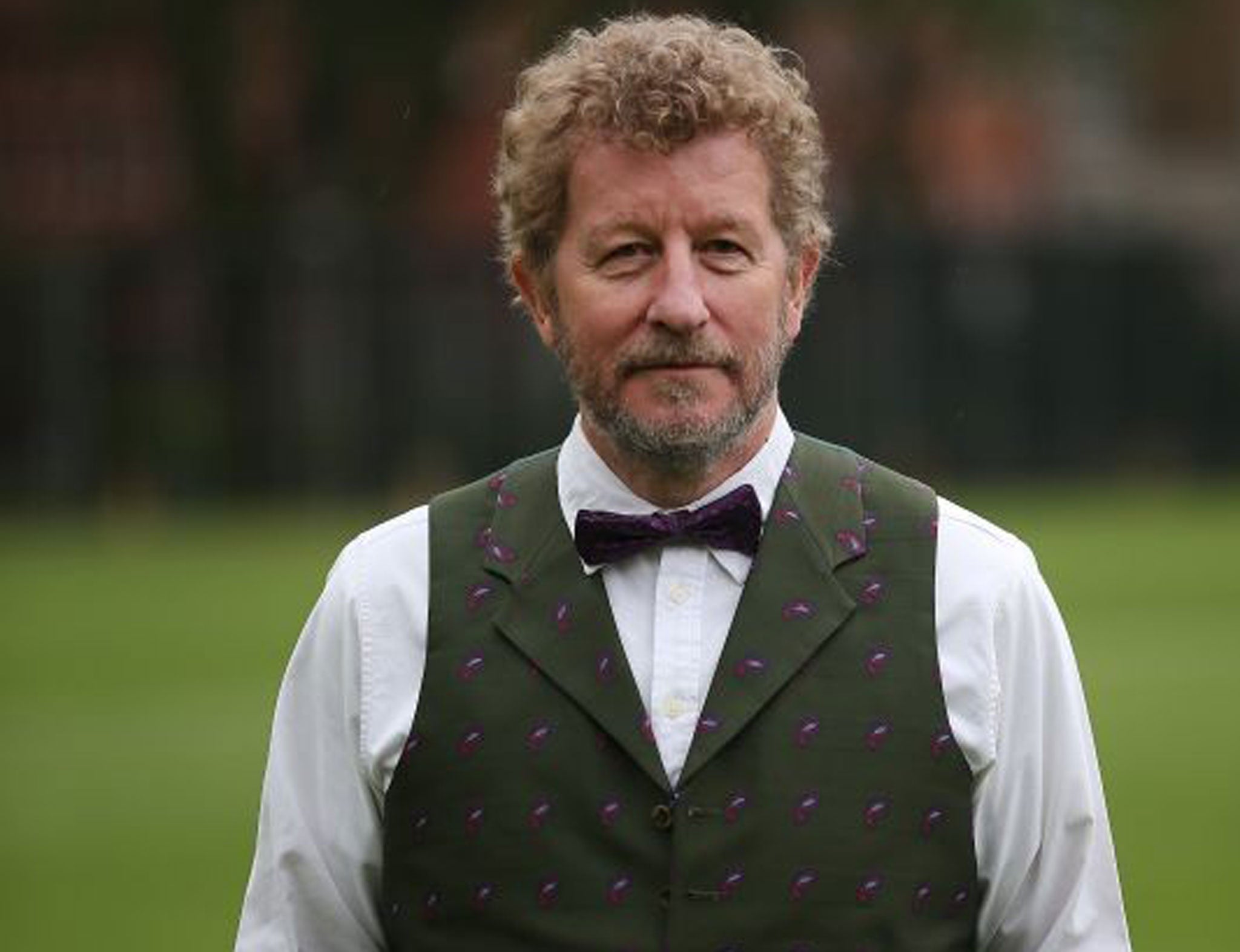Faulks' War: it's still an ongoing battle; Arifa Akbar, Week in Books

Your support helps us to tell the story
From reproductive rights to climate change to Big Tech, The Independent is on the ground when the story is developing. Whether it's investigating the financials of Elon Musk's pro-Trump PAC or producing our latest documentary, 'The A Word', which shines a light on the American women fighting for reproductive rights, we know how important it is to parse out the facts from the messaging.
At such a critical moment in US history, we need reporters on the ground. Your donation allows us to keep sending journalists to speak to both sides of the story.
The Independent is trusted by Americans across the entire political spectrum. And unlike many other quality news outlets, we choose not to lock Americans out of our reporting and analysis with paywalls. We believe quality journalism should be available to everyone, paid for by those who can afford it.
Your support makes all the difference.When Sebastian Faulks first published Birdsong, it was met with a muted reception. The year was 1993 and it was not exactly fashionable to be writing about the things that the novel describes so viscerally: the battle of the Somme, the terror of the trenches, the claustrophobic terror of the tunnels beneath those trenches, and the assault on the souls and spirits of the men who saw wave after wave of slaughter on the battlefields of the Great War.
Not many others were looking back to 1914 at the time. Pat Barker had written the second of her Regeneration trilogy, and Helen Dunmore was soon to give us Zennor in Darkness (1994) when Faulks put out his contribution, but by and large, it was perhaps assumed that stories of the First World War had been told. When Birdsong was published, it got scant attention, Faulks recounted some years ago. “I see from diary that I did my sole interview at 2pm that day on a local radio station; I also did an interview with the London Evening Standard, but it appeared only in the racing edition, under the headline ‘Does this look the sort of man to write a book to make you feel sick?’”.
Now, 21 years after its publication (and 3 million copies sold) 100 years after the start of the war, six weeks before hostilities began in 1914, it seems as if we’ve begun to tell the untold stories in fiction and in history, yet for some, the questions that Birdsong posed remain to be answered; so when it drew our eye to the profligate waste of young life, asking obliquely, whether it was worth it, and when protagonist, Stephen Wraysford, grappled with his dismay over policies delivered to the trenches from Westminster: “This is not a war, this is an exploration of how far men can be degraded.” The question of whether it was better to die than to live was also one that preoccupied many characters in the light of witnessing death, and such despicable, violent death.
Among the recent plethora of Great War fictions, we will soon see the re-publication of Birdsong, and with it, another question posed by Faulks that hangs in the air. In a collection of writings from the war, A Broken World, which he has co-edited with Hope Wolf, he says that the bigger questions have remain unanswered. “To me the greatest of these is as follows. Did Europe’s enthusiastic discovery of genocide in 1914-18 make a mockery of the preceding five hundred years, rendering such terms as the ‘the Renaissance’ and ‘the Enlightenment’ simple self-delusion; and if this war showed the true nature of the human creature, its limitless capacity for killing once the means are in its hands, how are we to deal with our revised knowledge of what we are?”
The latter question resounds across the century, from the atomic bombing of Nagaski and Hiroshima to chemical warfare in Syria, but it is a moot point whether the discovery of this barbaric aspect of human nature was made in the Great War. Didn’t we know this side of ourselves, long before 1914, though we might not yet have had aerial and machine-gun weaponry at our disposal? I will be in discussion with Faulks this Saturday evening, at Foyles, in London, about Birdsong, so I suppose I can ask him this myself. The mode of battle may have changed in 1914 but the savagery was already there, especially in the colonies where many of the new weaponry was being tested against a far weaker “enemy”. Some of the questions that Faulks mentions are beginning to be asked publicly. But perhaps there are some questions about human nature and its capacity for destruction that will always remain unanswerable.
Join our commenting forum
Join thought-provoking conversations, follow other Independent readers and see their replies
Comments